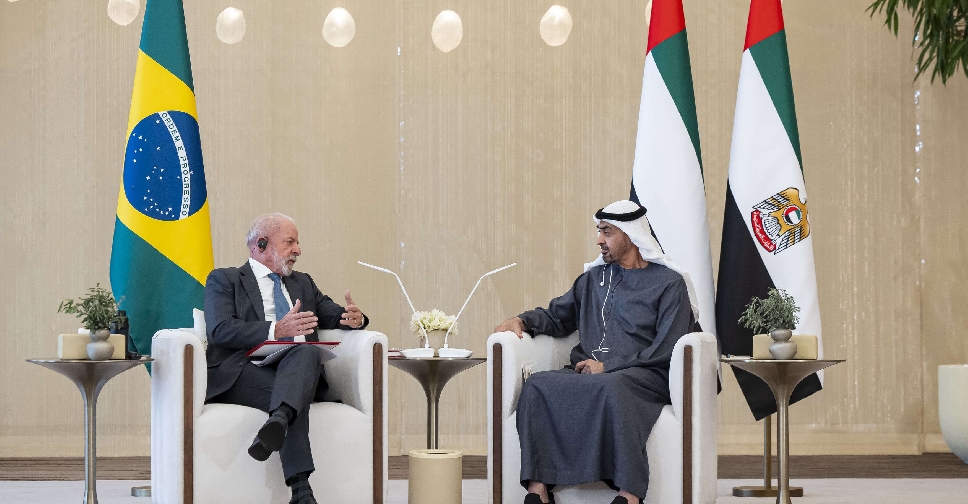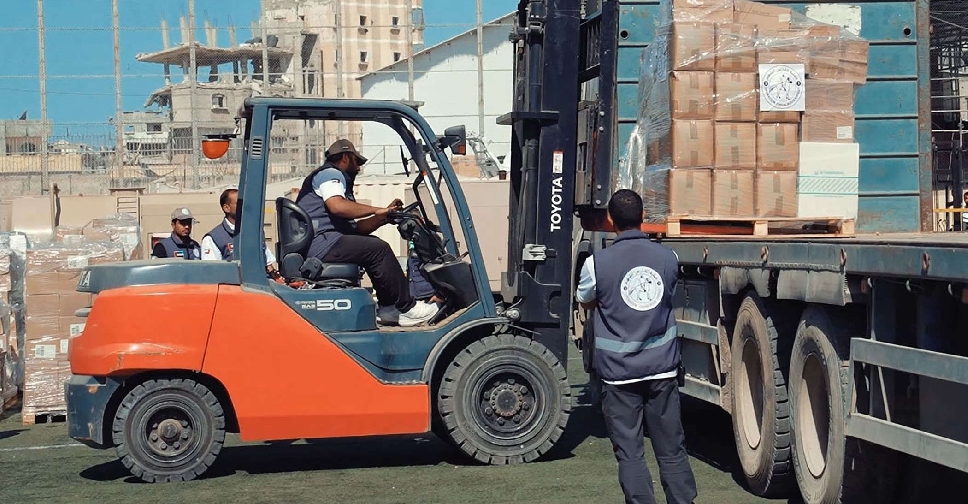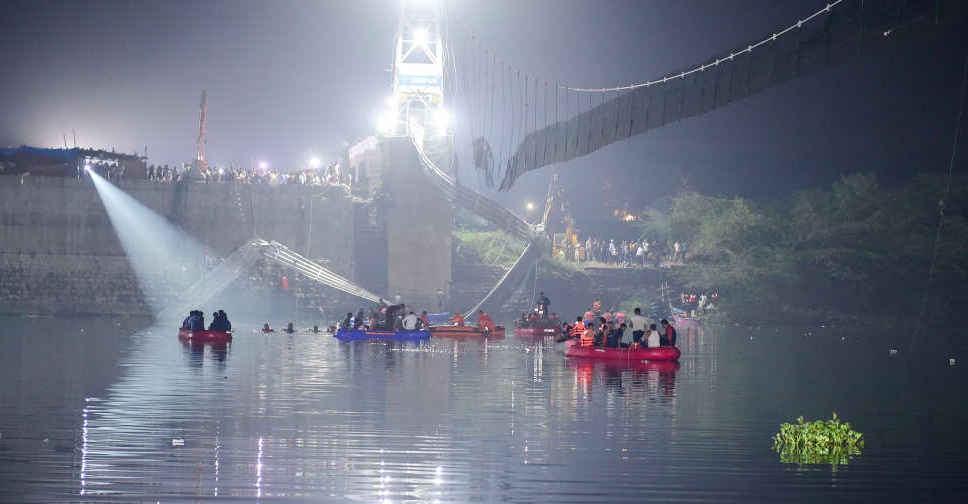
The death toll from a bridge collapse in Gujarat in India rose to 134, a local government official told Reuters on Monday.
A footbridge over the Machhu River in the town of Morbi was packed with sightseers enjoying holiday festivities when it collapsed on Sunday, plunging people into the river below.
"The death toll in the bridge collapse incident has gone up to 134. The search and rescue operations are continuing," said the senior official, NK Muchhar, adding that the toll could rise further.
Armed forces personnel along with national disaster management and emergency teams from nearby districts were deployed to trace missing people and help with rescue operations, Muchhar said.
Authorities said more than 400 people were on and around the colonial-era suspension bridge at the time of the collapse. The bridge had drawn many sightseers celebrating the Diwali, or festival of lights, and Chhath Puja holidays.
A five-member team was appointed to conduct an investigation into the disaster.
The 230-metre bridge was built during British rule in the 19th century. It had been closed for renovation for six months and was reopened for the public recently.


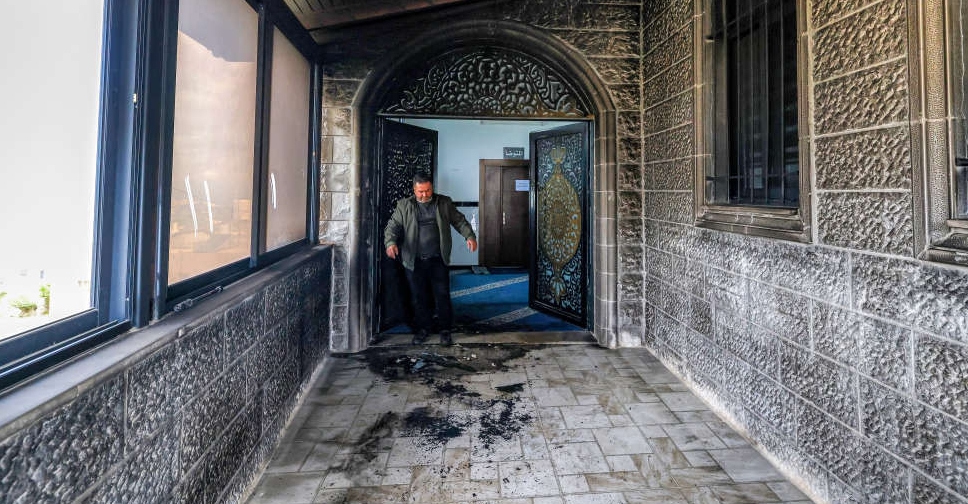 Arab League condemns Israeli settlers’ burning of mosque in West Bank
Arab League condemns Israeli settlers’ burning of mosque in West Bank
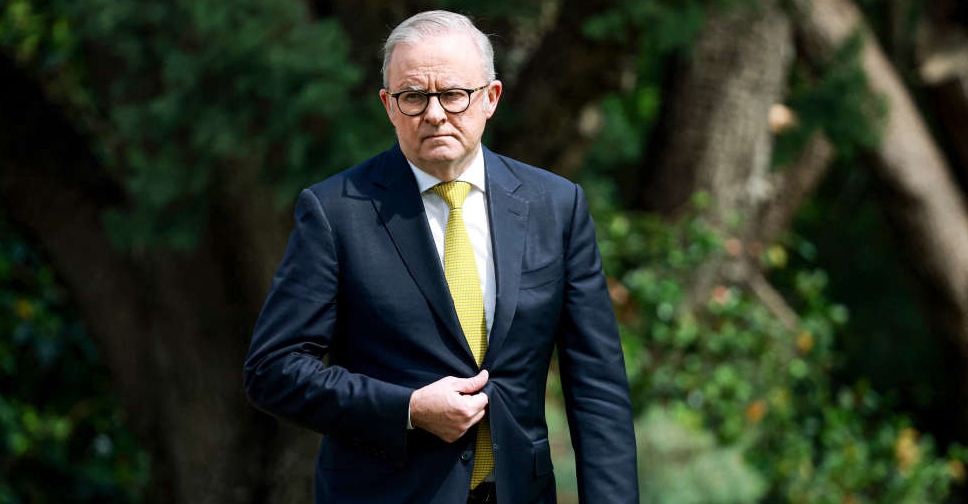 Albanese tells Australia to 'turn the heat down' after bomb threat
Albanese tells Australia to 'turn the heat down' after bomb threat
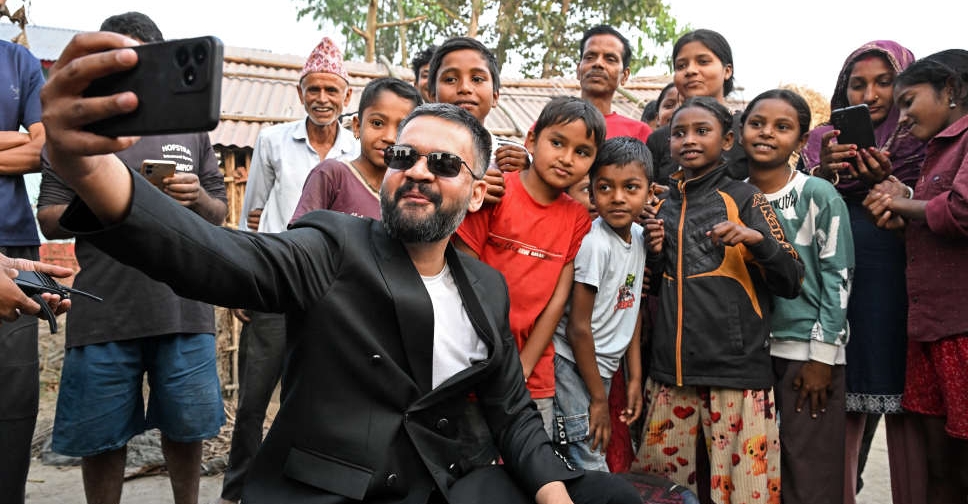 Nepal's rapper-mayor in pole position to become prime minister
Nepal's rapper-mayor in pole position to become prime minister
 Zelenskyy marks war anniversary vowing to fight on, with Ukraine's allies divided
Zelenskyy marks war anniversary vowing to fight on, with Ukraine's allies divided
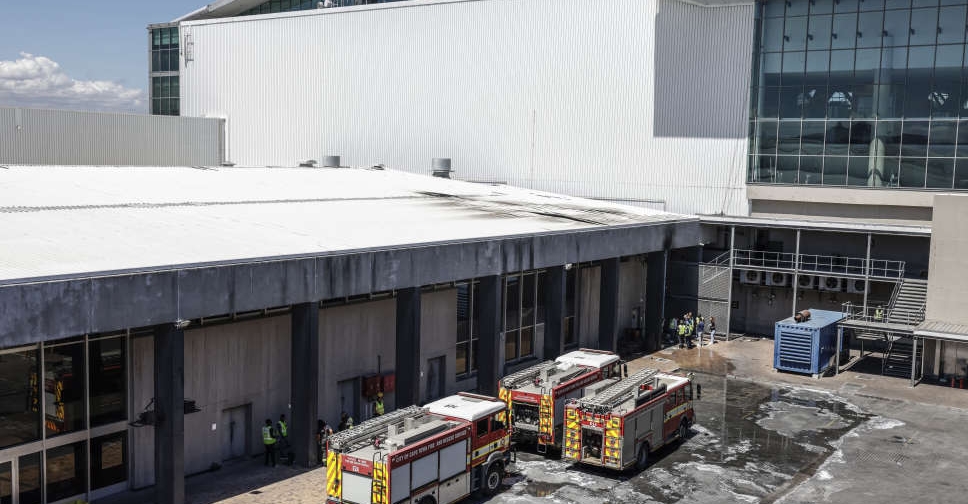 Cape Town airport fire disrupts international and domestic flights
Cape Town airport fire disrupts international and domestic flights

